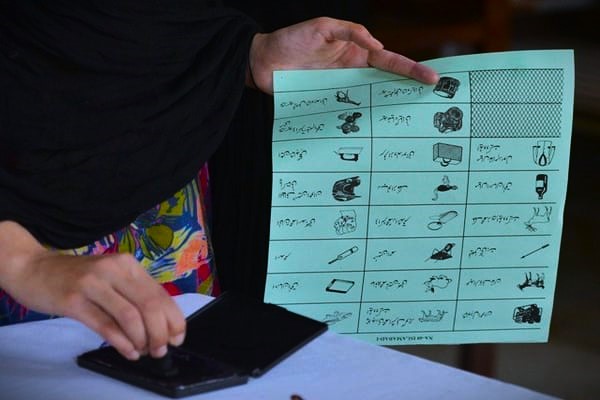In Pakistan, counting is underway with results coming in slowly … the delay has been criticised by opposition parties, with ex-PM Imran Khan’s party alleging vote rigging.
The government refuted the charges saying that the delay is down to a “lack of communication”, which was the result of precautions taken to ensure a “foolproof” security situation.
“The situation is now satisfactory and results are expected to be flowing in continuously,” the interior ministry said in a post on X.
Zafar Iqbal, special secretary at the Election Commission of Pakistan, blamed an “internet issue” for the delay, speaking after he announced the first official results for a constituency.
Unofficial results on TV channels suggest Khan’s allies who are contesting independently are in the lead in contrast to what was expected prior to the elections where Nawaz Sharif and his party were expected to sail through after being in the good books of the army.
Khan has been barred from contesting polls and is facing a lengthy jail sentence in multiple cases.
The poll on February 8 was marred by suspension of mobile phone services and violence reported from various parts of the country in which over 25 people were killed. The government said that internet services were suspended for security reasons.
There are two major contenders vying for seats in the 336-seat National Assembly, the upper house of Parliament – the Pakistan Muslim League Nawaz (PML-N) and the Pakistan Peoples Party (PPP).
Imran Khan’s led Pakistan Tehreek-e-Insaf (PTI), previously the largest party in preceding elections, has fielded its candidates as independents after the Supreme Court disallowed the use of their cricket bat symbol.
There are 266 seats up for grabs, where 169 seats are needed for a majority – a further 60 seats are reserved for women elected by proportional representation. Ten seats are reserved for non-Muslims elected by the same process.





